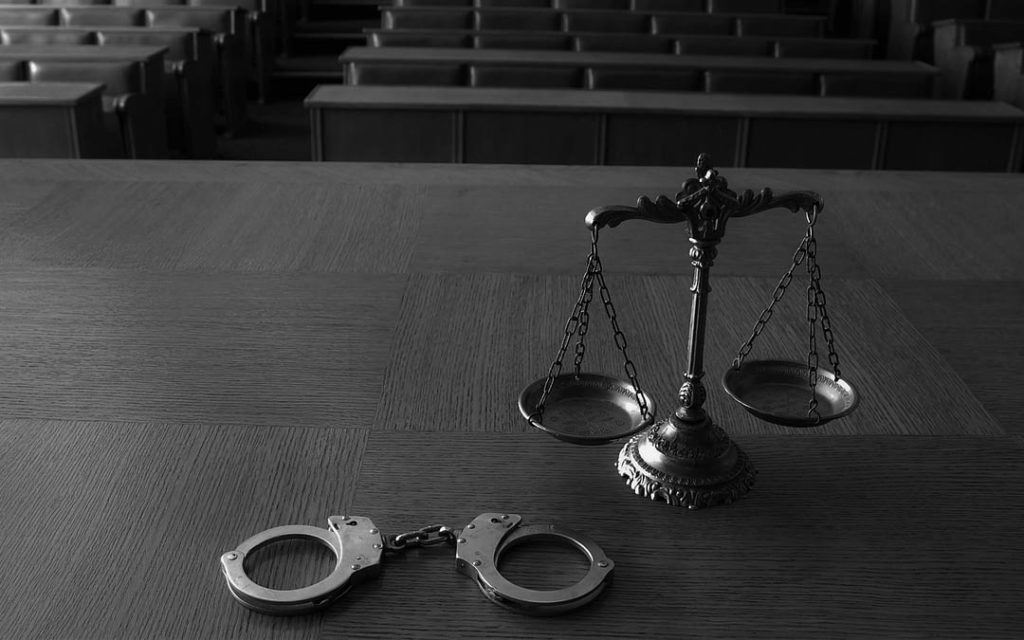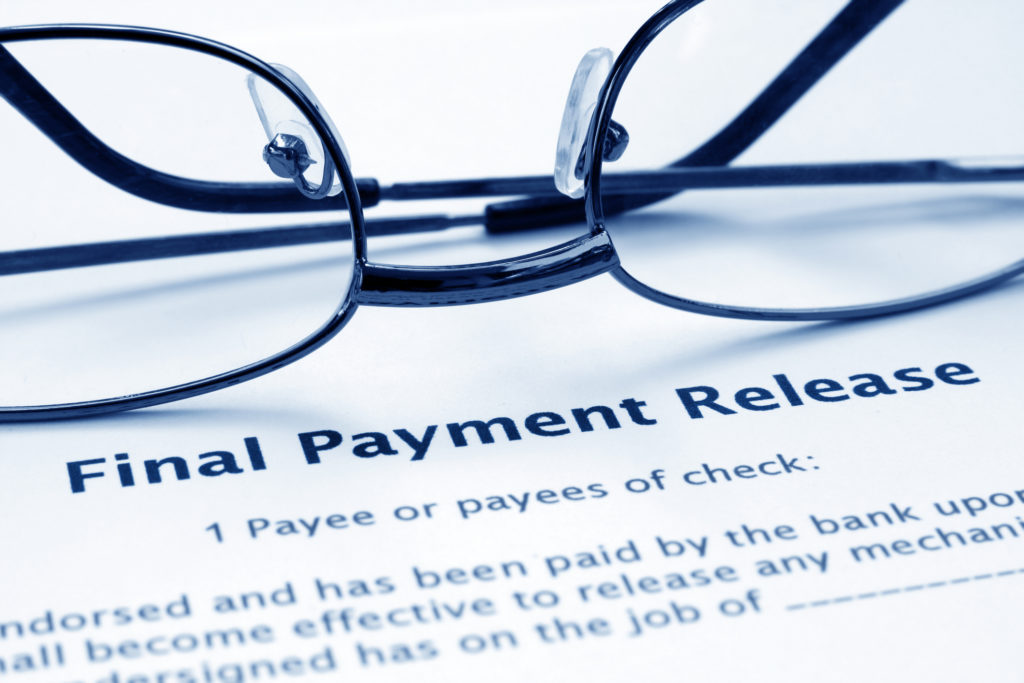A misdemeanor is not as serious as a felony charge. However, it can still have negative consequences if you don’t handle it the right way. An experienced attorney who handles misdemeanors can help guide you through the process and possibly avoid jail time or have the charges dismissed altogether.
Here is a comprehensive guide to understanding misdemeanors in Nevada and how a skilled attorney can help.
What Is a Misdemeanor in Nevada?
Although a misdemeanor is a crime, it is the least serious crime in Nevada. If you are charged with a misdemeanor in Nevada, you could possibly get a maximum of six months in jail and a $1,000 fine. However, Nevada courts will generally impose a probation period with fines rather than jail time.
Even a minor crime, such as a misdemeanor, can have major consequences. It will remain on Nevada criminal records and can show up if an employer, landlord or other entity does a background check on you. This is why it’s crucial to handle a misdemeanor charge carefully by seeking legal help. You don’t want to miss out on opportunities because of misdemeanor traffic violations, for example.

Misdemeanor Examples in Nevada
Some misdemeanors are more common than others. Here is a list of misdemeanors in Nevada we see most often:
- Traffic tickets (NRS 484B.600)
- DUI – first offense (NRS 484C)
- Assault (NRS 200.471)
- Battery (NRS 200.481)
- Trespassing (NRS 207.200)
- Vandalism (NRS 205)
- Shoplifting (NRS 205.240)
- Breach of peace (NRS 203.010)
- Prostitution (NRS 201.354)
- Jaywalking (NRS 484B.287)
- Resisting arrest (NRS 199.280)
- Battery constituting domestic violence – first or second offense (NRS 200.485)
Will I Have a Jury Trial for My Misdemeanor Charge?
No, in Nevada you will not have the right to a jury trial. The Judge or Justice of the Peace will be the one to hear your case and pass judgment upon you. At that point, he or she will impose penalties in misdemeanor trials.
What Is a Pre-Prosecution Diversion Program?
Some misdemeanor defendants may have the option to participate in a diversion program. Successful completion of these programs may equate to a dismissal of your case. These programs include:
- Support groups
- Counseling
- Educational classes
- Anger management
- Community service
- Restitution
- No contact order
- Curfew
- Rehab
- Veterans programs
- Mental illness programs

Not all people qualify for these programs. If you are charged with the following crimes, you certainly do not qualify: a crime of violence, vehicular manslaughter or DUI. Also, if you have a prior criminal conviction (other than minor traffic offenses) or you have a prior court order for a diversion in Nevada, you cannot join a pre-prosecution diversion program.
If you fail to complete your diversion program, you must appear in court for an arraignment and enter a plea based on the original indictment.
Can I Be Deported for a Criminal Misdemeanor?
Typically, you will not be deported for a criminal misdemeanor. However, some misdemeanors are more serious than others and may result in deportation. It is best to speak with a qualified attorney about your options for defense.
What Is a Misdemeanor Warning?
A misdemeanor warning Nevada gives as a formal warning rather than arresting you. For example, if you were asked to leave a casino and refused, and the police were called, they may issue you a misdemeanor warning. If you do not comply, then you would most likely be arrested and charged with trespassing. You may also be responsible for a fine.
What Is a Gross Misdemeanor in Nevada?
A gross misdemeanor in Nevada is classified as a more serious crime than a misdemeanor but less serious than a felony. Unlike a misdemeanor, a gross misdemeanor could go to trial with a jury. Punishments are also more severe for a gross misdemeanor, which include up to 364 days of jail time and a maximum of $2,000 in fines.

Can You Have Misdemeanors Expunged in Nevada?
In Nevada, you cannot expunge misdemeanors. You may also be wondering if you can have gross misdemeanors expunged in Nevada. The answer is also no. However, you can have them sealed. A record seal makes a person’s criminal record virtually invisible, so it does not show up during background checks by employers. However, the record is still there and can be seen in certain situations.
Do I Need An Attorney for a Misdemeanor Charge?
Many people assume that a misdemeanor offense does not require the help of a legal professional because the punishments are only minor. However, there is no such thing as a minor criminal charge. Any criminal charge can have a negative impact on your record, and you DO face a variety of penalties, including hefty fines, mandatory counseling, long-term monitoring, community service and jail time. For those reasons, it is typically in your best interest to have an experienced attorney representing you to be sure you get the best possible outcome for your case.





